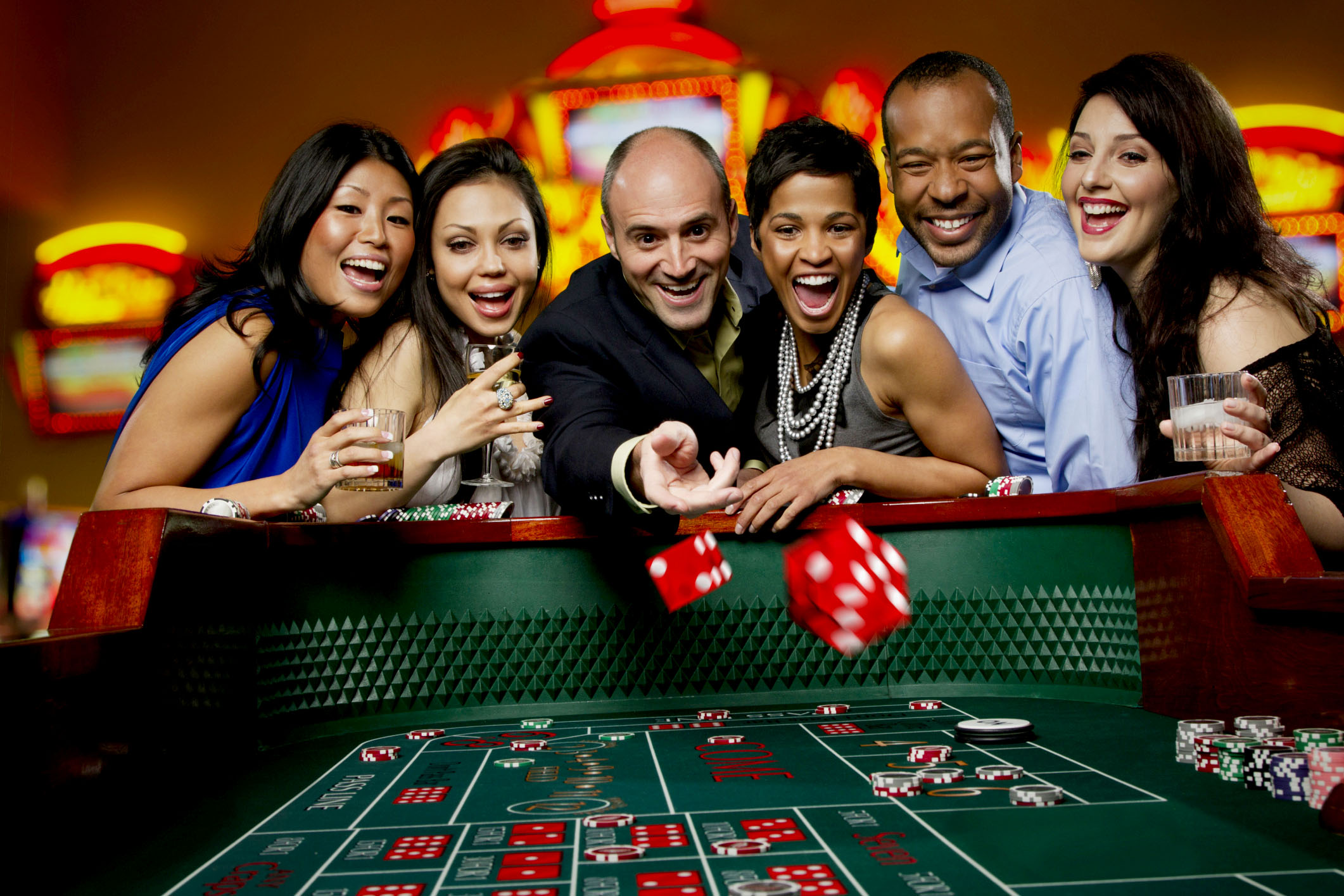Slot machines has embedded itself into the fabric of leisure across various cultures, often reflecting diverse societal values, beliefs, and attitudes towards luck and opportunity. The bright lights and stimulating sounds of slot machines have a universal appeal, drawing people in with the temptation of excitement and the potential for gain. However, the view and tolerance of this form of gambling can differ widely depending on the cultural backdrop.
In some cultures, slot gambling is celebrated as a captivating pastime, often regarded as an entertaining activity in community events or festive events. In certain areas, it may be seen with skepticism or even disapproval, where concerns about addiction and ethical dilemmas dominate the discourse. Understanding these varied viewpoints enhances our understanding for how slot gambling is not just about the games in isolation, but also about the complex web of cultural influences that shape our interactions with luck and risk.
Cultural Views on Gambling
Various cultures from the world have varying perspectives on gambling on slots, influencing how it is practiced and perceived. In some communities, like in various areas in the U.S., gambling is generally embraced and incorporated into entertainment. Gaming establishments and slot machines are often seen as a source of entertainment that can offer excitement and potential monetary rewards. This acceptance has resulted in the proliferation of land-based casinos and the growing popularity of online slot gaming, where players seek the thrill of chance.
On the other hand, in some cultures, gambling is viewed with disfavor or outright disapproval. In countries where faith play a significant role, such as in parts of the Mideast, slot gambling may be prohibited or heavily restricted. Here, gambling is often linked to social issues such as addiction or financial ruin, leading to a negative stigma. The legal framework typically reflect these cultural attitudes, with strict laws against gambling activities, including slot machines.
In other regions, like many East Asian cultures, slot gambling holds a complex space. While traditionally viewed as a vice, there is a growing acceptance due to the influence of tourism and economic factors. In places like Macau, slot machines have transformed into a major attraction, representing a blend of cultural acceptance and economic necessity. This shift demonstrates how cultural perspectives can evolve over time, influenced by external factors such as globalization and shifting societal norms.

Rules and Lawful Frameworks
The control of slot gambling varies significantly across different cultures and regions, showing each society’s perceptions towards gaming. In numerous Western nations, such as the United States and the United Kingdom, slot machines are strongly regulated. These regulations often include rigorous licensing obligations for providers, age limits for players, and measures to ensure fair play and responsible gambling. Additionally, revenue generated from gambling is generally taxed, adding to public services and infrastructure.
In contrast, some countries maintain a somewhat restrictive stance to gambling, reflecting cultural or religious beliefs that discourage such activities. For example, in numerous Islamic nations, gambling is banned, leading to an underground economy for slot machines and alternative forms of gaming. In these regions, law authorities often targets illegal gambling activities, while initiatives to regulate and reform gambling laws face significant societal resistance.
Emerging economies, especially in parts of Asia and Latin America, are experiencing a shift towards more liberalized gambling frameworks. Nations like Japan and Brazil have started to explore regulated slot gambling to boost tourism and economic growth. These cultural shifts are often accompanied by discussions on how to balance the potential benefits of gambling income with the threats of addiction and social impact, leading to evolving legal structures that correspond to the changing attitudes toward slot gambling.
Social Impact and Local Views
The perception of video games varies greatly across different cultures, often influenced by societal values and financial circumstances. In some communities, slot machines are seen as a type of entertainment and social interaction, where people come together to enjoy the excitement of the game together. For such groups, slot gambling is woven into community gatherings, celebrations, and excursions, creating an atmosphere of camaraderie among players. It serves as a tool for bonding, and the joy of winning can enhance community ties.
On the other hand, in other societies, slot gambling is seen with doubt or outright disapproval. The possibility for dependency and monetary pressure associated with gambling can lead to adverse outcomes. Families may struggle when a member becomes overly invested in slot gambling, leading to financial hardship and strained relationships. Communities that prioritize traditional norms may oppose participation in gambling activities, branding them as morally questionable and detrimental to societal well-being.
Additionally, the economic impact of slot gambling can differ significantly depending on the cultural context. demo mahjong ways In areas where it is embraced, slot gambling can add notably to local economies through job creation and visitor attraction. However, in regions that oppose the widespread nature of gambling, there may be movements advocating for tighter controls or outright prohibitions, emphasizing the need for the well-being of the community over potential economic gains. These conflicting views highlight the complex relationship between culture, morality, and the societal effects of slot gambling.